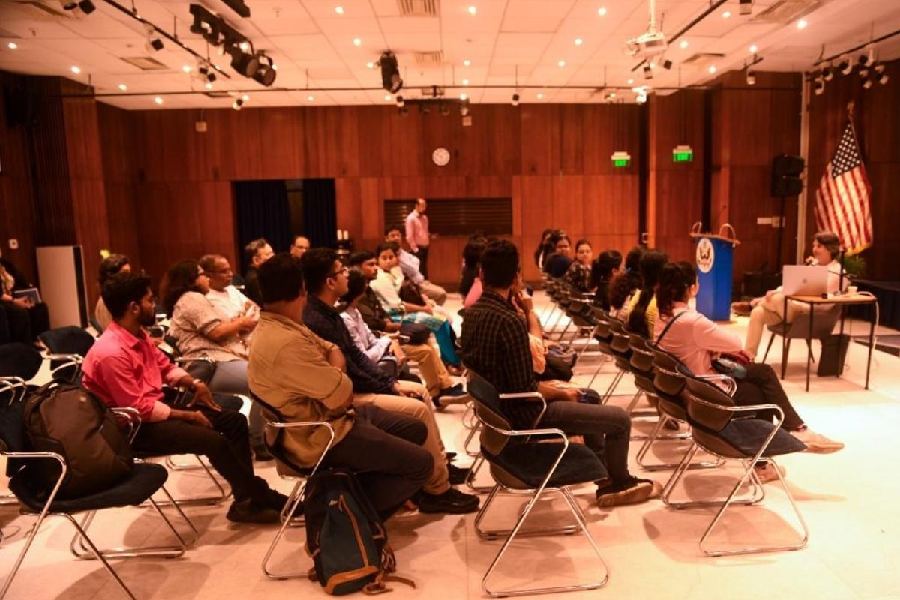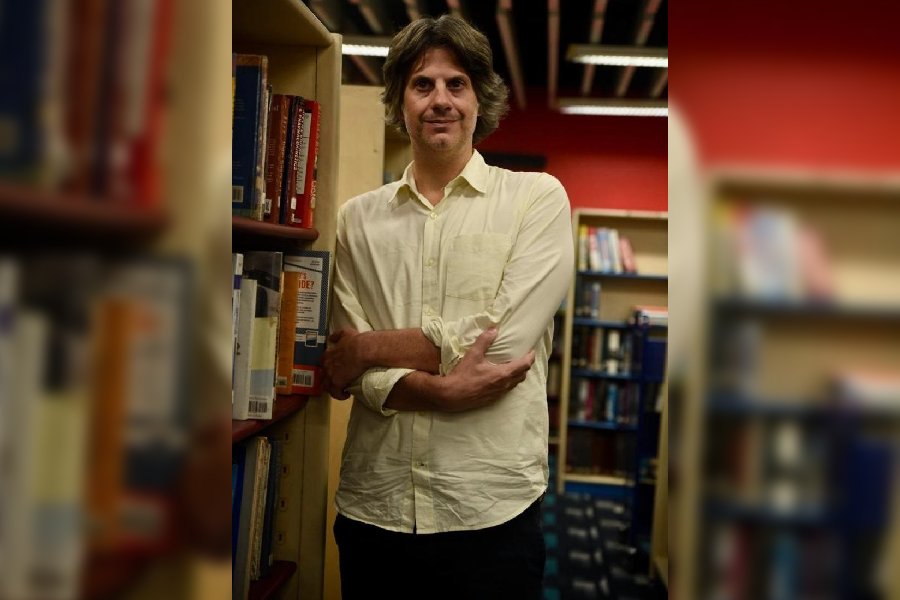Every community should know who are the people with disabilities in the neighbourhood and what their special needs are so they could be evacuated fast and properly when struck with a climate emergency, said a scholar who works on how people with disabilities are impacted by natural calamities.
Such people should be identified through surveys, said Jason Strother, a Fulbright scholar who works on how disaster and climate emergencies disproportionately affect persons with disabilities.
The authorities should also be careful about replacing their supportive devices if they get damaged or lost during an emergency, Strother told Metro on Monday.
Assistive devices, he said, are integral to the life of persons with disabilities. If a wheelchair is lost or damaged, it suddenly stops all mobility for the user. This in turn takes away his independence and ability to work and earn.
Bengal government officials this newspaper spoke to said there was no comprehensive data on the population of people with disabilities in each ward in municipal areas or in each village. Such lists are necessary in the lowest administrative units since evacuation is executed by officials at that level.

Jason Strother speaks at the American Center on Tuesday
There is a list of people with disabilities who receive a monthly pension of Rs 1,000 from the state government, but it excludes people who have not applied for the pension.
People with disabilities are marked on the electoral list, but the list leaves out those who have not attained the age of voting or registered themselves as a voter.
“There needs to be a point of contact in every community who knows how many people with disabilities live there and what are their nature of disabilities,” said Strother, who himself has low vision impairment.
He stressed having people with disabilities on the table when policies and plans are prepared. “Government policies should involve people with disabilities in framing policies of evacuation, sheltering and recovery before, during and after a weather-related disaster,” said the US national.
Disability advocates argue that it is the responsibility of authorities to prioritise the needs of people with disabilities during emergencies.
Two common weather-related events that require evacuation in Calcutta and the rest of Bengal are floods and storms. In Calcutta, people living in slums or crumbling buildings are taken to community halls and schools that are converted into shelters.
But very few of the schools have ramps and almost none has a toilet designed for people with disabilities, admitted a Calcutta Municipal Corporation (CMC) official.
The CMC had evacuated residents ahead of Cyclone Amphan (2020) and Cyclone Yaas (2021) and put them up in temporary shelters. However, the evacuation was not planned with special attention to the needs of such people.
The situation is marginally better in more vulnerable places like the Sunderbans. Many of the cyclone shelters there have ramps, but there are hardly any disabled-friendly toilets, said a state government official.
According to the 2011 census, there were 2.68 crore people with disabilities in India, which was 2.21 per cent of the country’s population.
Shampa Sarkar, a disability rights activist, also felt that the communication during such events needs to improve. “Many of these people are not able to understand why they are being shifted. This caused trauma. Better communication, targeted at people with disabilities, can calm them,” she said.
